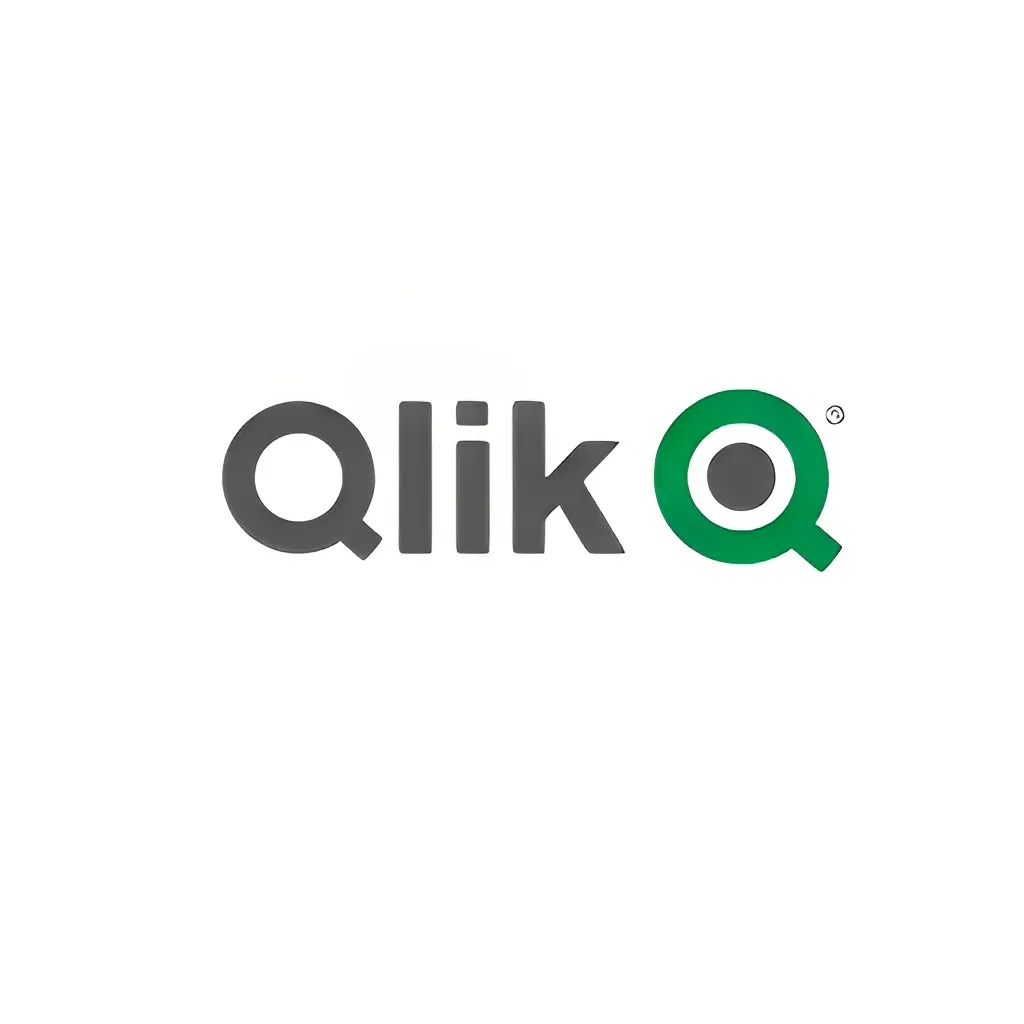Qlik® today launched Qlik Cloud® Data Integration, its Enterprise Integration Platform as a Service (eiPaaS) offering to fuel enterprise data strategies through a real-time data integration fabric that connects all enterprise applications and data sources to the cloud.

“Improving the access, real-time movement and advanced transformation of data between sources and systems across the enterprise is crucial to organizations realizing the full power of their data,” said James Fisher, Chief Product Officer at Qlik. “Qlik Cloud Data Integration helps create that real-time fabric between any data source, target and destination, leveraging the power of the cloud to enable everyone in the enterprise to act with certainty through data.”
Qlik Cloud Data Integration is a set of SaaS services designed for analytics and data engineers deploying enterprise integration and transformation initiatives. The services form a data fabric that unifies, transforms and delivers data across an organization via flexible, governed and reusable data pipelines. These pipelines are essential for modern, business critical, AI, analytics and operational projects in today’s enterprise.

“Cloud data integration technologies and services are a critical component of managing data pipelines and downstream analytics use cases in the modern data environment. Qlik’s set of technology services provide users with data access and integration capabilities across hybrid and multi-cloud platforms, enabling management of modern data to activate data and analytics,” said Stewart Bond, Vice President, Data Intelligence and Integration Software research at IDC.
Since it uses a common set of cloud services that integrate with every major cloud platform – including AWS, Databricks, Google Cloud, Microsoft Azure Synapse and Snowflake – Qlik Cloud Data Integration makes data even easier to find, transform, govern and deliver. Regardless of what data architecture an enterprise uses, Qlik Cloud Data Integration provides the fabric to align and deliver any relevant data, be it on-premises or the cloud, to applications and systems through any delivery option with:
- Real-Time Movement – Through Qlik’s industry leading change data capture (CDC) engine, the most current and relevant changed data is moved to the cloud efficiently and at unsurpassed scale.
- Advanced Transformation – Quickly turns raw records into analytics-ready data via auto generated, push-down SQL. It works by creating a reusable pipeline of data models and quality rules, and automates the generation and execution of SQL code to meet user designed data models, marts or custom formats.
- Catalog and Lineage – Through strong metadata management and lineage, it’s crystal clear where data came from, how it was transformed, and that it is being used by the right people in the organization for the right purpose, increasing data’s trust and use.
- API Automation – Provides a no-code visual interface to automate workflows for cloud application and data APIs. Prebuilt templates are available for data engineering use cases including reverse ETL and multi-vendor catalog synchronization.
According to new research conducted by GigaOm, Qlik’s approach to data integration provides an essential underpinning to a modern data fabric while delivering rapid time to value and ROI by:
- Reducing data engineer and IT FTE workloads by 25% by aggregating massive amounts of data from multiple sources.
- Saving 65 to 70% of data analyst and engineer data discovery, analysis and implementation time.
- Increasing data management efficiency by 20% in year two, 33% in year three.
- Delivering data integration and governance benefits – 60% in year two and an additional 25% in year three.






